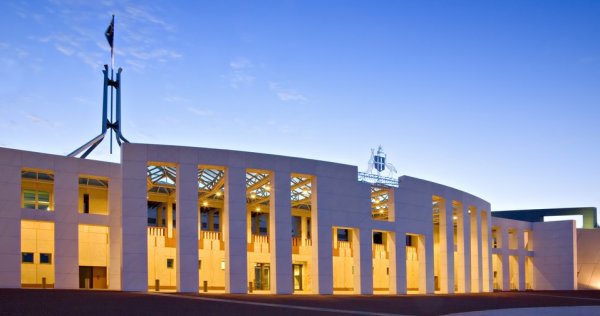The parliament has endorsed a significant escalation of powers that will allow the federal government and its officials to impose changes to the framework for the private funding of medical devices.
The Senate has backed three Bills that follow several years of discussions on reforming the Prostheses List (PL). Yet only after extensive questioning from shadow health minister Senator Anne Ruston. In response to questions from Senator Ruston, finance minister Senator Katy Gallagher acknowledged that the Bills provide a 'framework' with powers that will then be exercised through legislative instruments.
The Coalition backed the Bills but Senator Ruston expressed "disappointment" over what she described as a lack of transparency regarding their implementation.
According to the explanatory memorandum, which describes the legal intent of the Bills, "The practical effect of these amendments is to clarify that set benefits are only payable for medical devices or human tissue products that meet these definitions (in addition to other criteria which will be set out in the legislative instrument)."
In effect, the government has given itself the power to amend the definition of a medical device based on any "other criteria" that it deems to be appropriate at any time in the future.
It represents a profound change to the decision-making framework for the private funding of medical devices.
The legislation, which has not been scrutinised through an inquiry by a parliamentary committee, will now be implemented through delegated powers and legislative instruments.
In effect, legislating significant powers that are then implemented through legislative instruments is the same model used for the new PBS pricing framework.
The medical device sector, led by the Medical Technology Association of Australia, opposed the Bills but did not back an inquiry by a parliamentary committee.
The government did offer a last-minute change to address some concerns about the extensive nature of these new powers. It proposed an amendment to incorporate 'matters' that will need to be considered in the exercise of the powers but only when it relates to unpaid cost-recovery fees.
The minister, or more likely their delegate, will have to consider whether the removal of a medical device from the PL or the refusal to complete a cost-recovered process, both in response to unpaid fees, "would be detrimental to the interests of insured persons" or limit the "professional freedom" of clinicians.
It is a very limited concession that does not in any way inhibit the government's new power to define and vary what medical devices qualify to be listed on the PL.
The amendment is more likely a response to input from the Senate Standing Committee for the Scrutiny of Bills that recently wrote to health minister Mark Butler asking that he limit the "breadth" of power they grant to the government.
"The committee expects that the inclusion of broad discretionary powers should be justified in the explanatory memorandum and that guidance in relation to the exercise of the power should be included within the primary legislation," it said.
The government's acceptance of the proposed amendments is evidence of what happens when Senate committees are given the opportunity to scrutinise Bills.
The Senate did not back amendments proposed by the Greens and independent Senator David Pocock.
The amendment proposed by the Greens criticised the major parties over donations received by private health insurers and pharmaceutical companies.
"The major parties received nearly $2 million from private health insurers and pharmaceutical companies in their party annual returns for the 2021- 22 financial year," said the defeated amendment.
